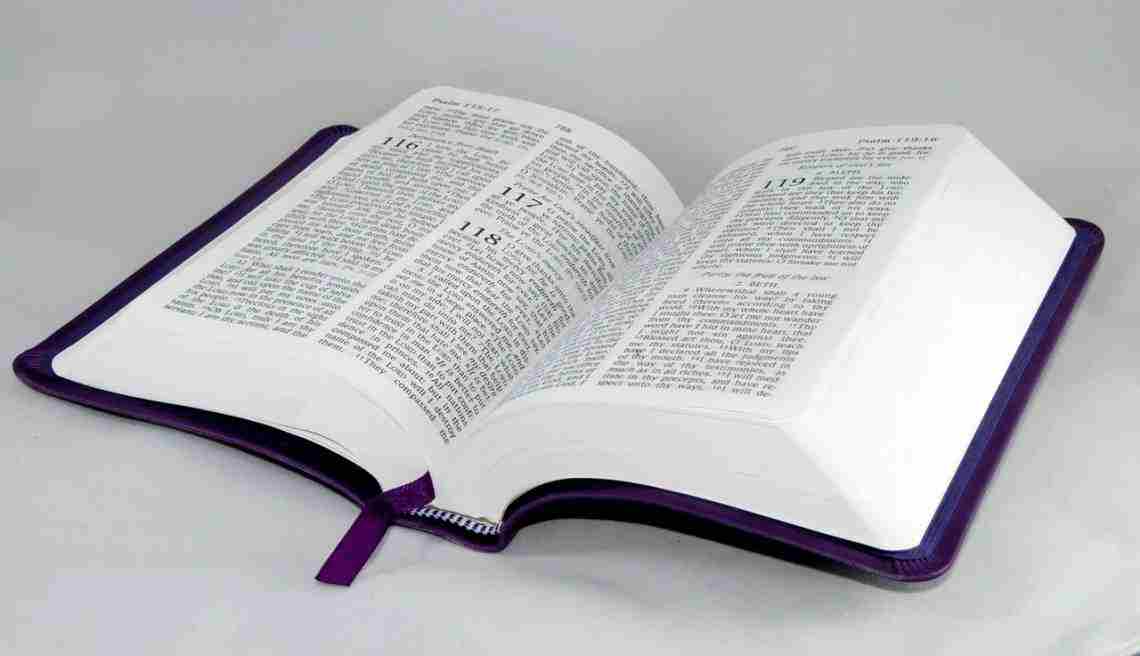The Book of the Church

The Bible is the book of the Church. She wrote the Bible through the Spirit, our fathers the Apostles wrote it, as did the prophets before them.
The Church through her Early Fathers canonized the authentic books of the Bible, and she is the one with the right to interpret it, and the Fathers of the Church are the most qualified to explain it because they were the ones who put it together. In addition, we experience the Scriptures in our Orthodox prayers and liturgies, and understand them through the lectionary (the selected readings) which we interact with during the fasts, feasts and daily commemorations.
Therefore, how can we accept for anyone to take the Scriptures outside the Church and explain its content according to their own personal whims and opinions?
We would say to them: “you have no right to do this, for they are not your Scriptures, they belong to the Church and you have no right to take them outside the Church. You must rather understand them within the context of the Church through your participation in it. But if you insist on taking it outside the Church, then we will not allow you to come again later to attack the Church from within through your strange and twisted ideas which you claim you get from the Scriptures themselves. This is unacceptable fraud and deception.”
The Scriptures belong to the Church, and it is inappropriate for anyone to do as the “protesters” (i.e. the Protestants) in the sixteenth century, for having taken the Scriptures out of the Church, they brought upon themselves great confusion which led to the present fragmentation of Protestantism into many denominations, since each person, according to their own desires, attempts to understand the Scriptures while isolated from the Mother, the Orthodox Church, to whom the Scriptures belong. So each person reads without a frame of reference, and draws their own conclusions according to their personal understanding. They therefore formulated their own different doctrines and established their own different denomination despite the starting point being the same Bible!
If a group of authors came together and wrote a book together based on their shared experience in a certain topic, we have to ask them when we want to understand a specific item in their book: because they are the main reference point! But it is neither beneficial nor fair to take the book and interpret it according to our own understanding away from their frame of reference then turn back and assail them with our accusations and condemnations. And we will probably differ in our understanding of this book even amongst ourselves, because we have separated the book from its original authors.
While it is true that the holy men of God spoke while being moved by the Holy Spirit, and that we also have the Holy Spirit in us, and we cannot deny anyone the right to personally meditate on the word of God, but we must also understand that where doctrine is concerned, we must always refer to how the Church (the one to whom the Scriptures belong) understood this doctrine.
Here we must realize how a separation from the Church and its mystical setting (confession, communion, Tasbeha, liturgies, and various commemorations) makes a person prone to adopting erroneous ideas and false doctrines, and there are plenty of these people! But if we live within the Church environment and are diligent in reading and hearing the teachings of the Fathers of the Church, we will never stray from the correct faith, for the Fathers are the most able interpreters of the Scriptures.
We received and accepted the Bible as a divine book, canonized by the Church, explained by the Fathers of the Church, experienced in the prayers and worship of the Church and lived out by the saints of the Church.